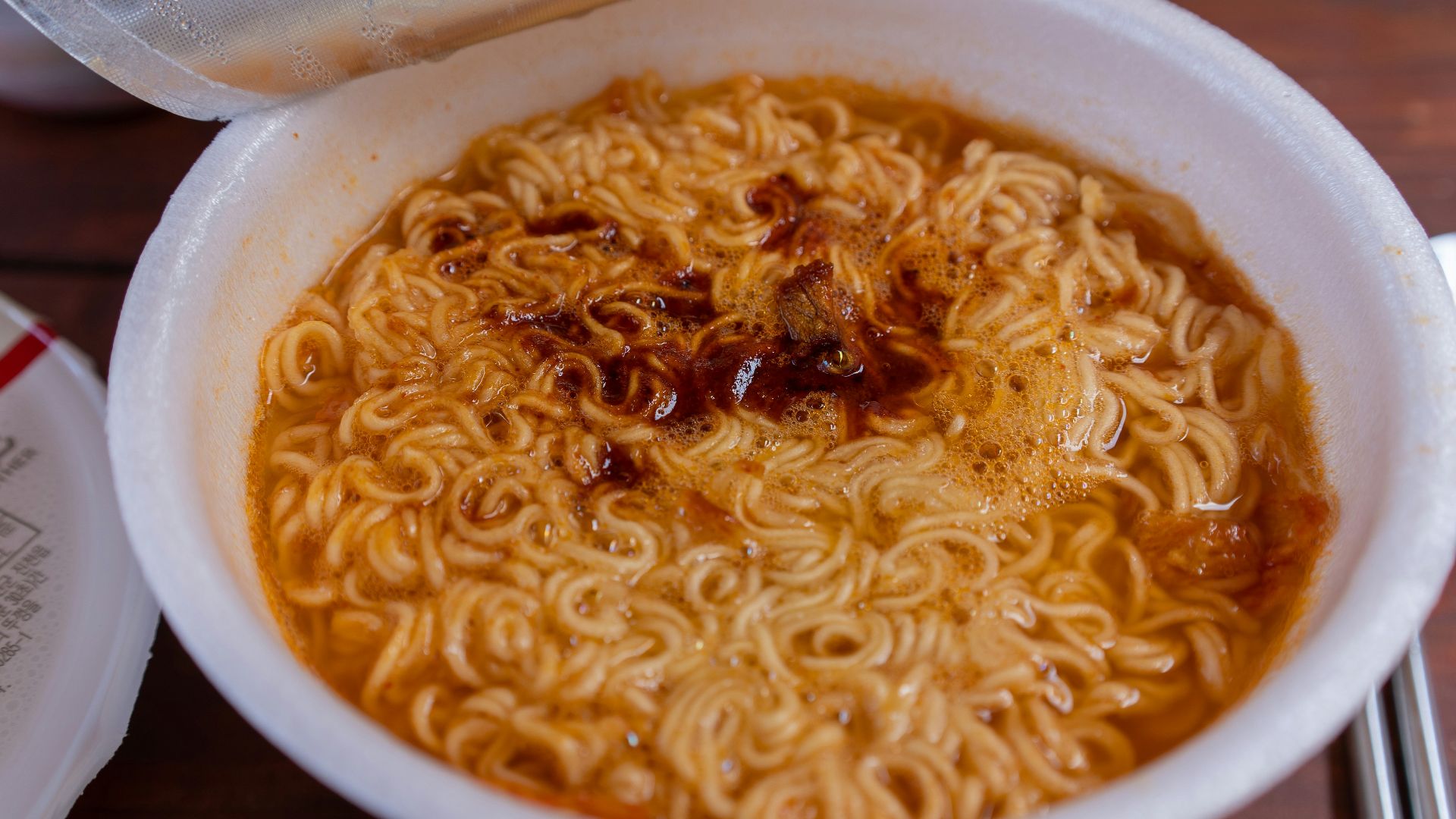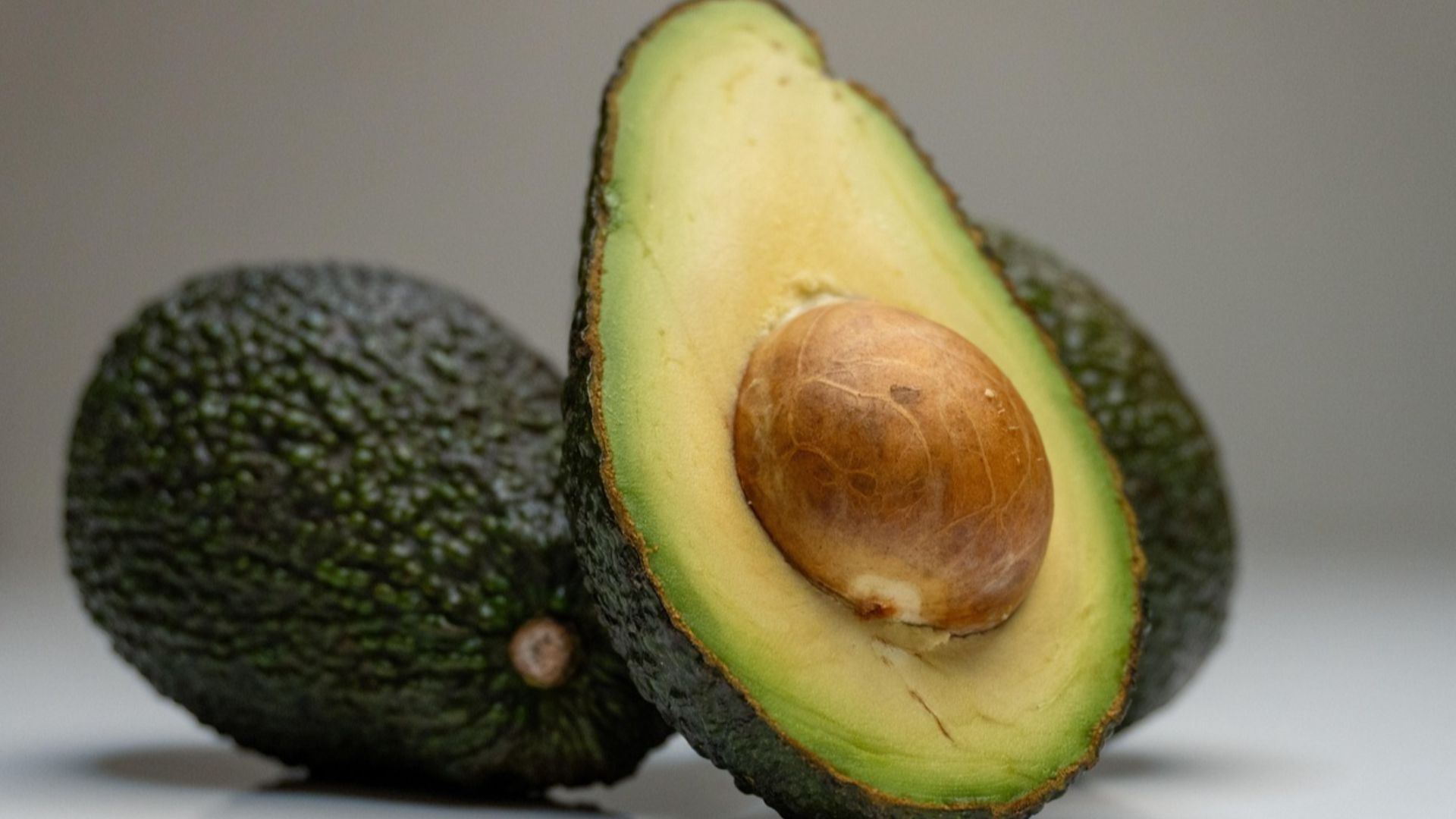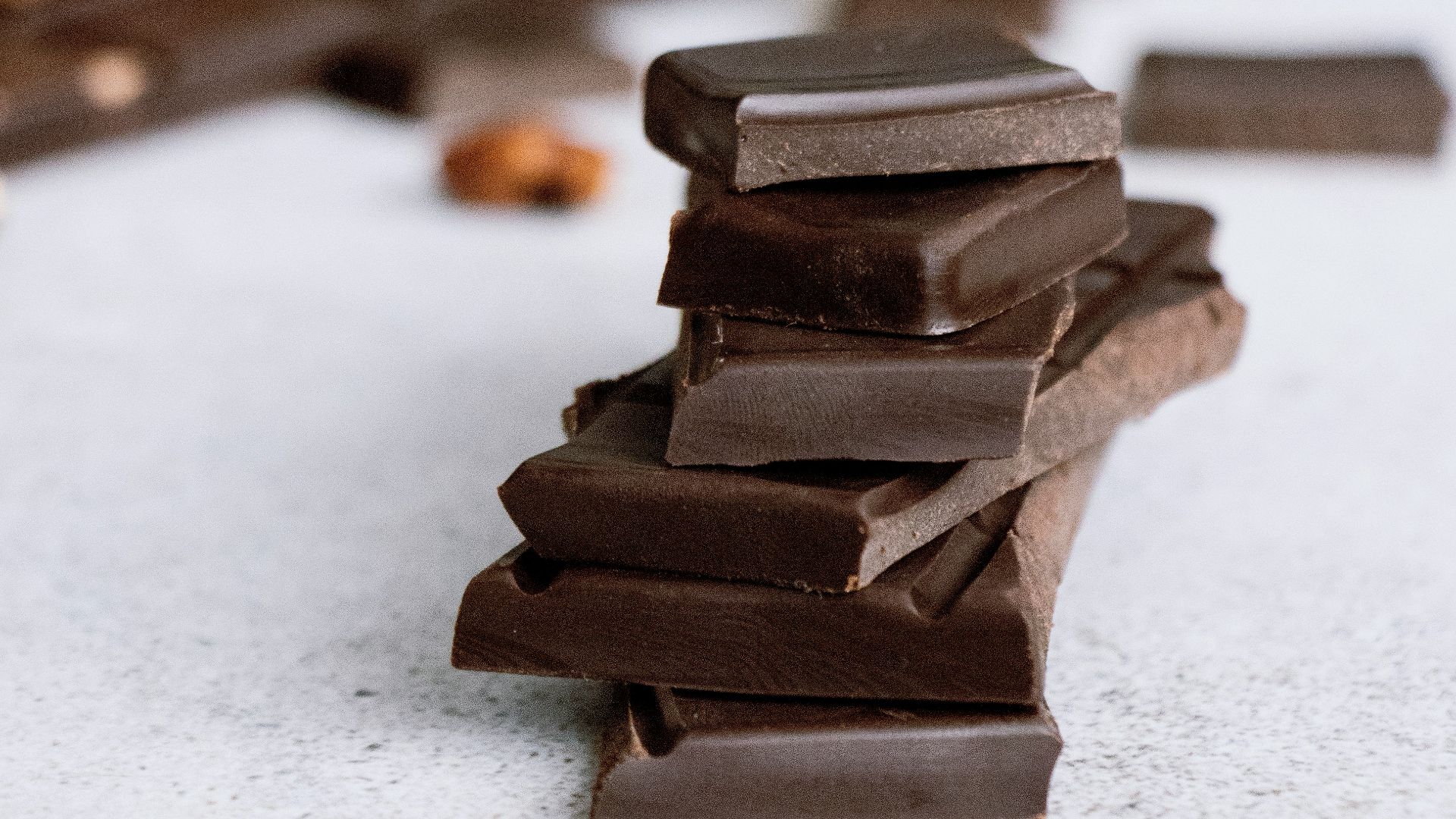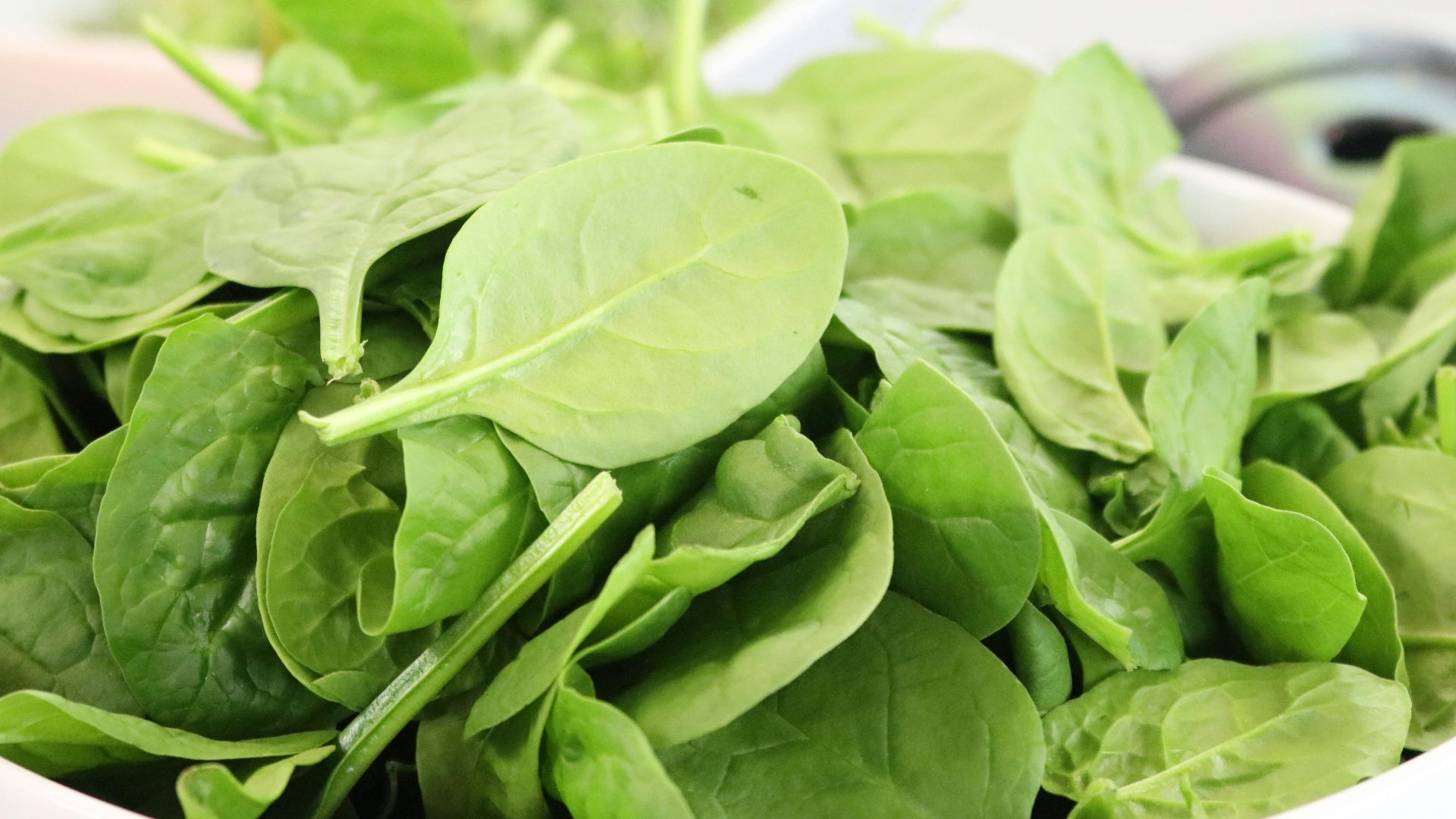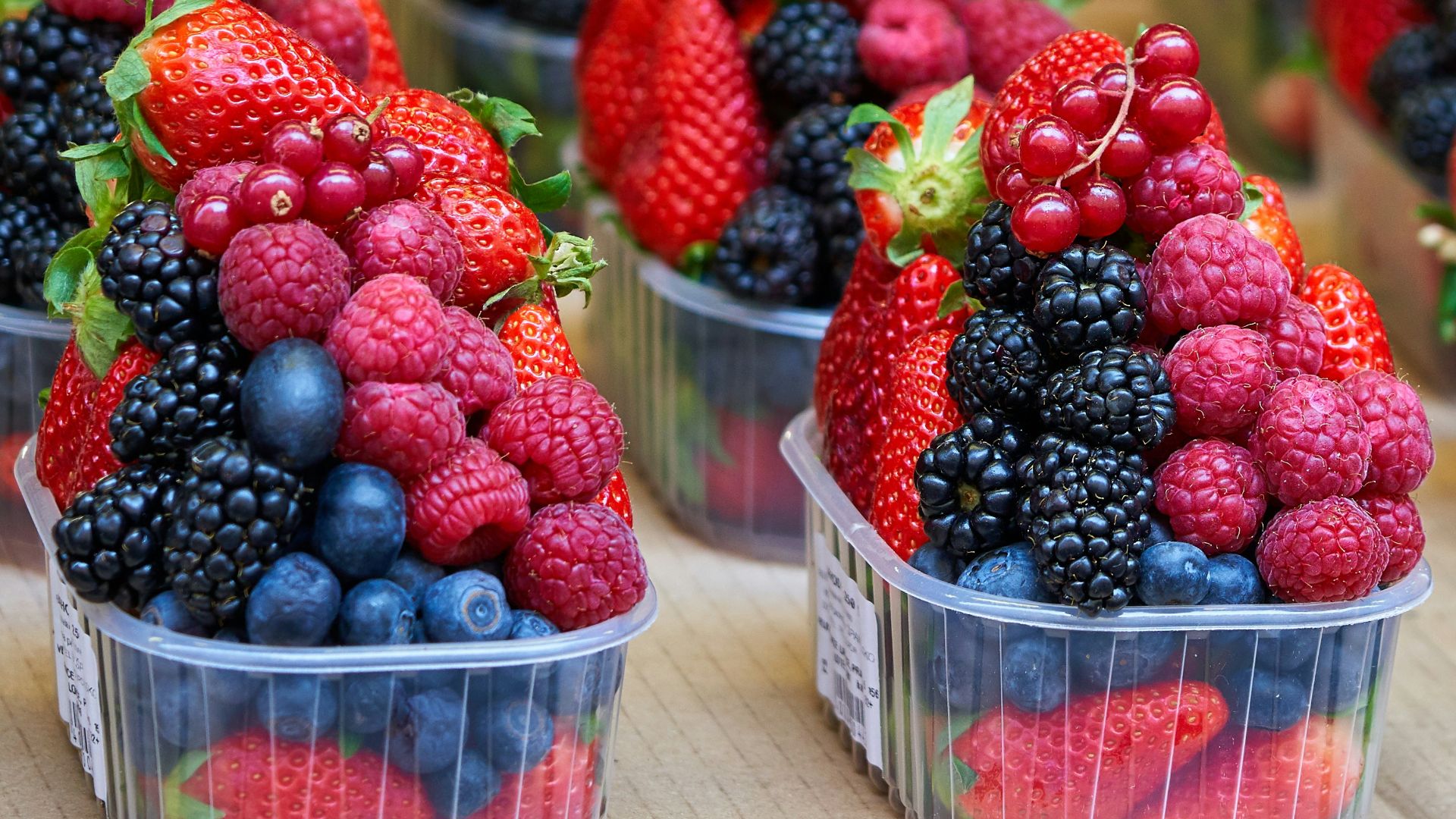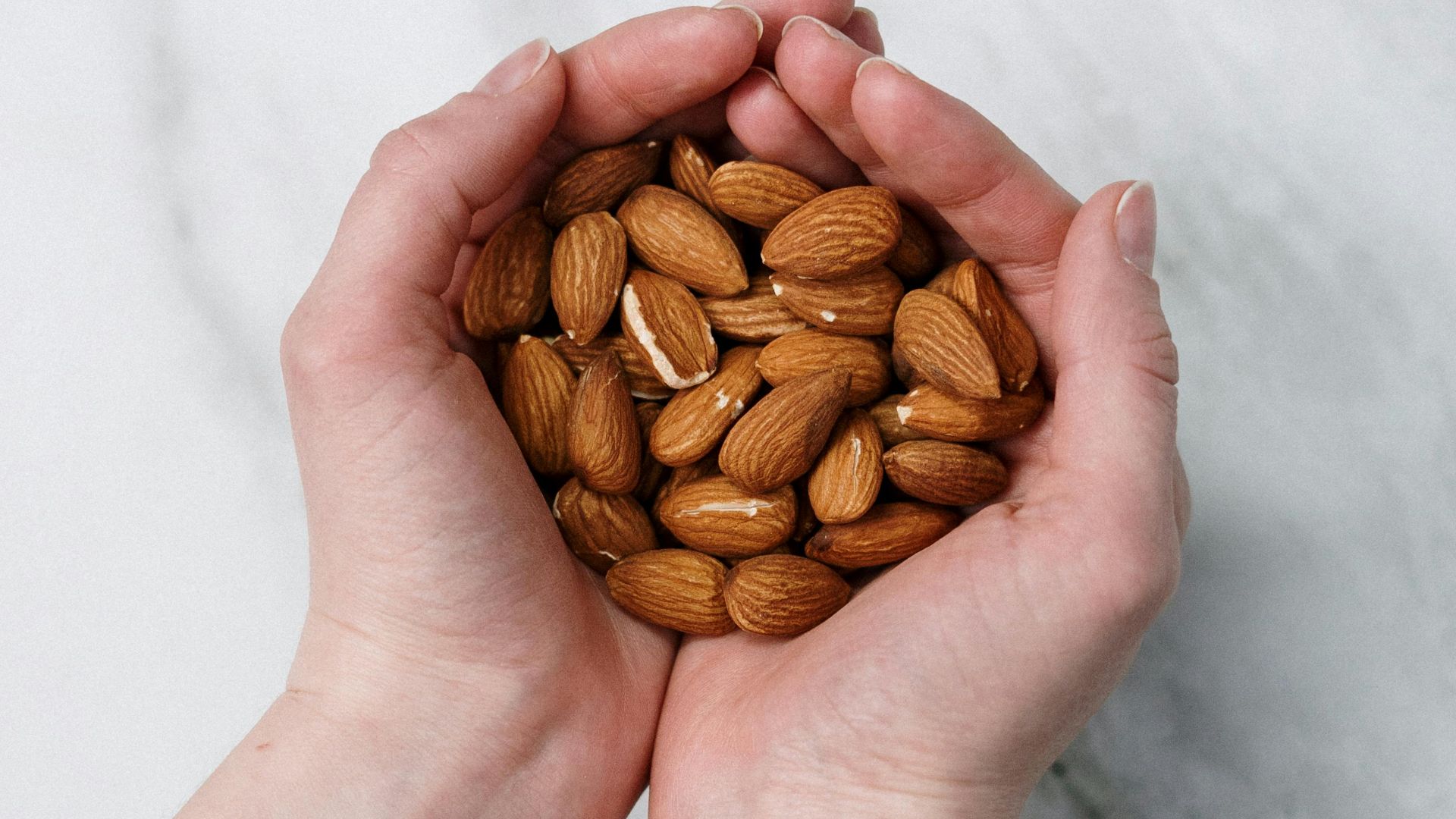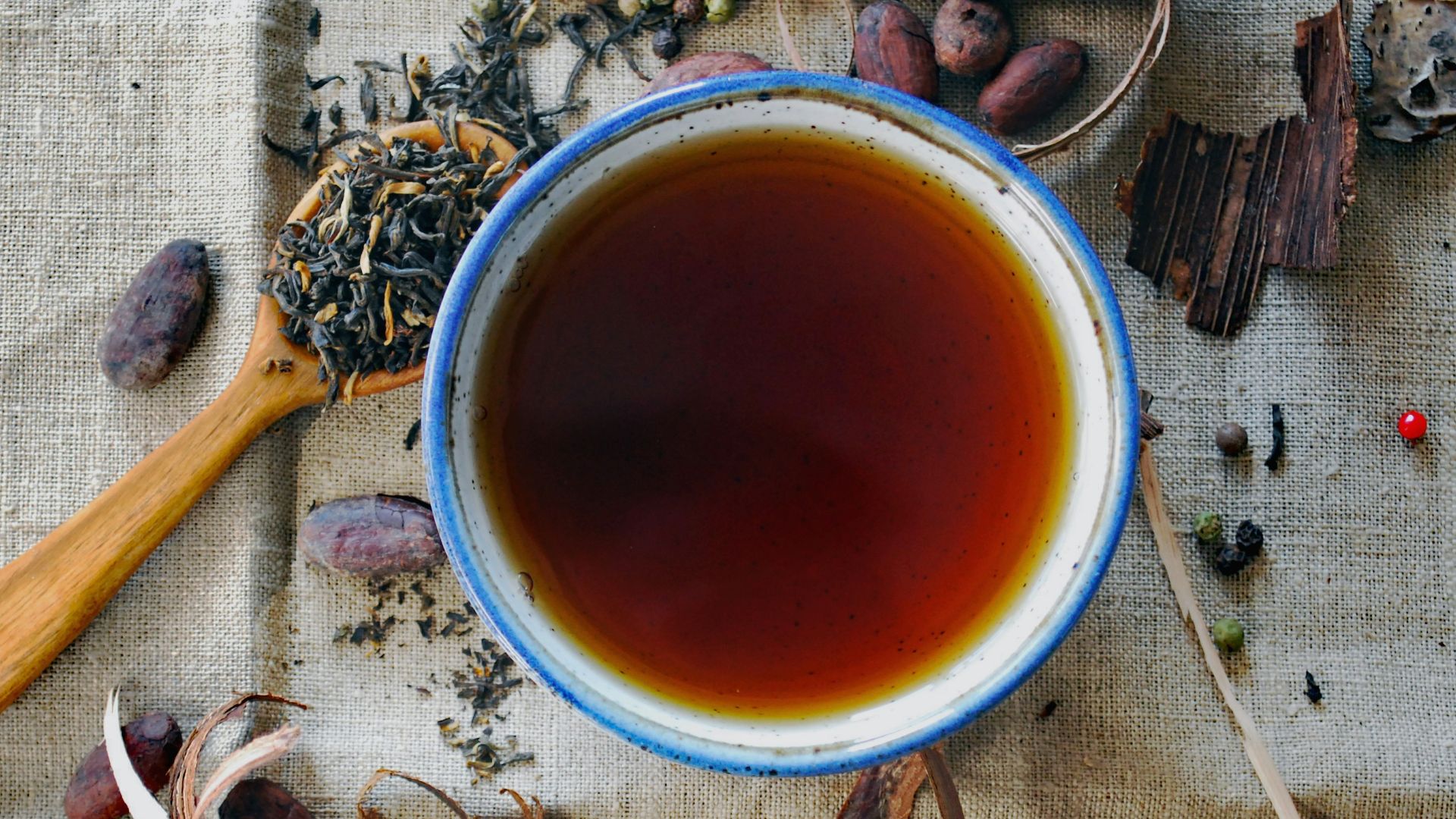10 Foods That Can Increase Your Cortisol & 10 That Keep It Nice And Low
Stress Hormones and Nutrition
Cortisol, also called the stress hormone, plays an important role in metabolism, inflammation, and blood sugar regulation. But when it stays up, it can disrupt sleep and weaken immunity. While stress and sleep are major players, diet can significantly influence cortisol levels. So, let’s take a look at 10 foods that increase cortisol levels and 10 that help lower it.
1. Processed Sugars
Foods high in processed sugars, like candy and pastries, can cause rapid blood sugar spikes followed by crashes. These fluctuations may trigger cortisol release as the body works to stabilize glucose levels. Reducing processed sugar intake may help support hormonal balance and stress regulation.
2. Alcohol
Chronic alcohol use can raise cortisol levels and disrupt how the body manages stress. Studies show that alcohol impacts the hypothalamic-pituitary-adrenal (HPA) axis, which leads to hormonal imbalances that affect both mood and overall health.
3. Excessive Coffee Consumption
While moderate coffee intake may improve focus and alertness, excessive consumption, especially over 400 mg/day, can increase cortisol levels. Caffeine stimulates the adrenal glands, and high-frequency intake may lead to chronic stress responses.
4. Caffeinated Energy Shots
Unlike brewed coffee, energy shots deliver concentrated doses of caffeine and other stimulants like taurine. These intense combinations can overstimulate the adrenal glands and cause rapid spikes in cortisol. While moderate coffee consumption may mildly affect stress hormones, energy shots are more likely to trigger exaggerated stress responses.
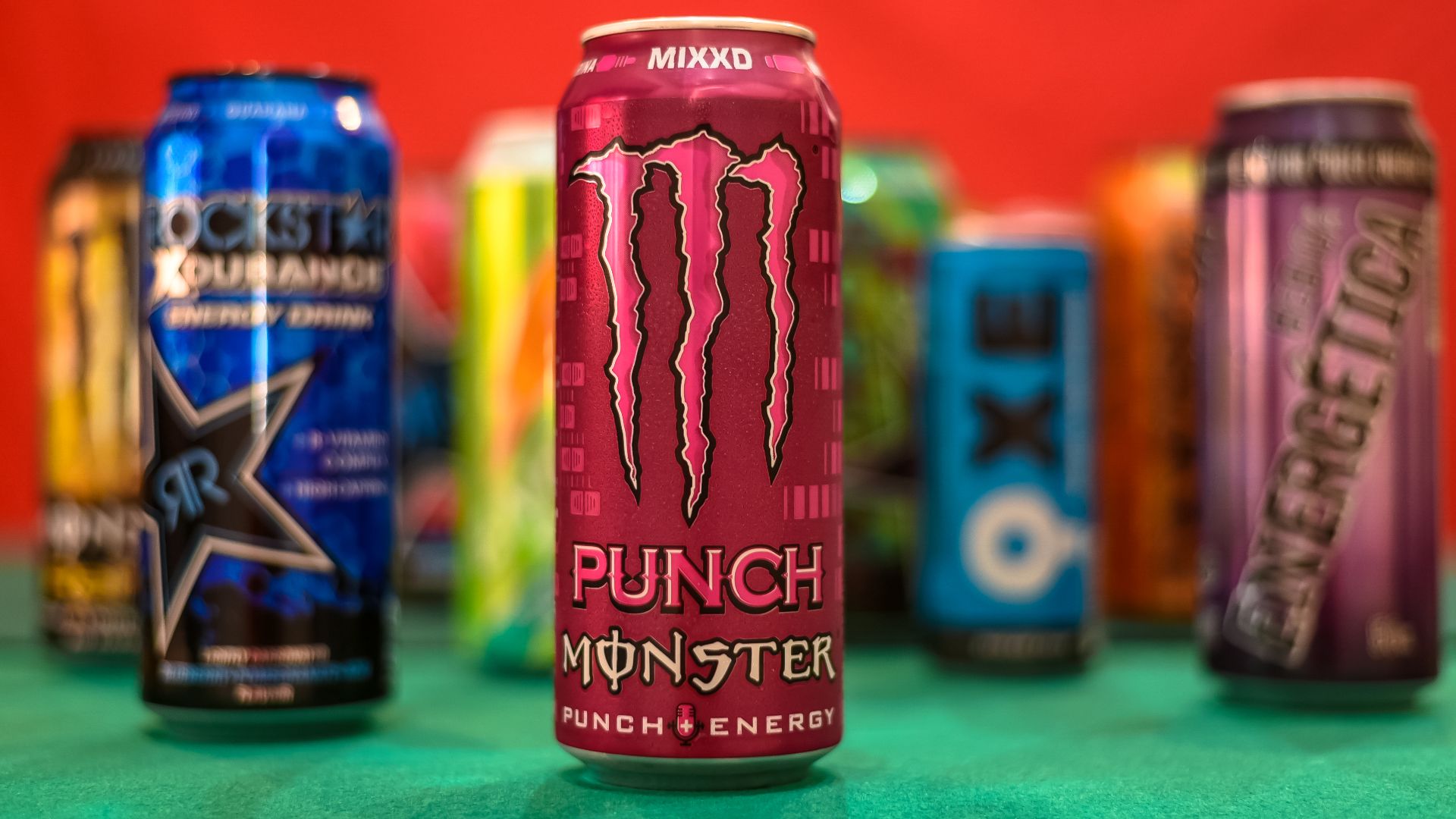 Jorge Franganillo on Wikimedia
Jorge Franganillo on Wikimedia
5. Refined Carbohydrates
Foods like white bread and pastries digest quickly, causing blood sugar spikes and crashes. These fluctuations can trigger cortisol release as the body works to stabilize glucose levels. Although excessive refined carb intake may impact stress responses, direct evidence linking them to prolonged cortisol elevation is limited.
6. High-Sodium Foods
Fluid retention and increased blood pressure often result from excessive salt intake. Some studies suggest that high sodium consumption can influence adrenal function and cortisol levels. Still, reducing processed and salty foods may help maintain hormonal balance and overall health.
7. High-Fructose Corn Syrup (HFCS)
Commonly found in sodas and sweetened drinks, HFCS is also linked to insulin resistance. These effects can prompt the body to release more cortisol. Unlike natural sugars, HFCS is rapidly absorbed and metabolized by the liver, which may contribute to inflammation and hormone disruption.
8. Fried And Trans-Fatty Foods
Foods like fries, doughnuts, and packaged snacks often contain trans fats, which contribute to systemic inflammation. Inflammatory responses can activate the hypothalamic-pituitary-adrenal (HPA) axis, increasing cortisol levels. Also, deep-fried foods and hydrogenated oils have been linked to insulin resistance and heightened stress responses.
9. Low-Protein Diets
Protein supports stable glucose levels and contributes to satiety, both of which are important for minimizing stress responses. Amino acids in protein-rich foods also support neurotransmitter balance, influencing mood and hormonal stability. Diets lacking adequate protein can disrupt blood sugar regulation and increase cortisol production.
10. Ultra-Processed Foods
Highly processed foods often contain additives and artificial ingredients that may impact metabolic health and stress regulation. Some research suggests that diets high in ultra-processed foods correlate with increased inflammation and cortisol levels. Ultra-processed foods can also cause chronic diseases, including cardiovascular issues and metabolic disorders.
While certain foods can keep your body in a constant state of stress, others help calm the system and support hormonal balance. Let’s look at 10 other foods that can help lower cortisol and promote a steadier, more resilient mood.
1. Avocados
Regularly consuming avocados can promote satiety and stabilize blood sugar, reducing cortisol spikes. This is because the food is rich in healthy monounsaturated fats and B vitamins, all of which support adrenal health and hormone regulation. Their magnesium content helps regulate the stress response and lower cortisol levels.
2. Fatty Fish
Salmon, mackerel, and other fatty fish provide omega-3 fatty acids that support cortisol regulation. EPA and DHA help reduce inflammation and influence the HPA axis, potentially lowering excessive cortisol production. Eating omega-3-rich fish may contribute to improved stress resilience and overall hormonal balance.
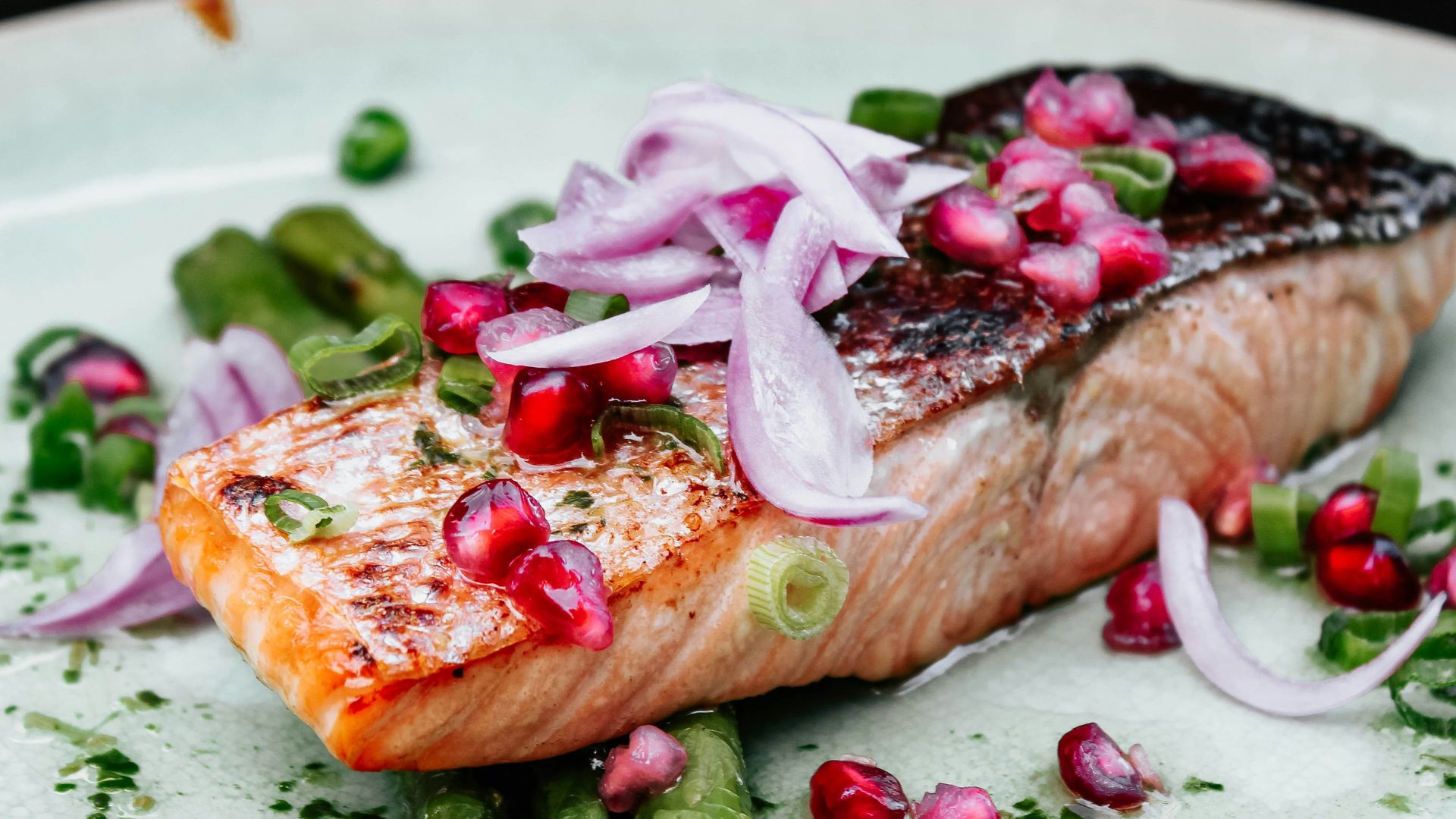 micheile henderson on Unsplash
micheile henderson on Unsplash
3. Dark Chocolate (85% or Higher)
Research suggests polyphenol-rich dark chocolate can reduce salivary cortisol levels. Also, dark chocolate varieties with 85% cocoa or higher contain flavonoids that may help lower cortisol and improve mood. Regular consumption may contribute to stress reduction and overall well-being.
4. Leafy Greens
Magnesium deficiency has been associated with increased cortisol and anxiety symptoms. However, leafy greens, such as spinach, provide magnesium, which supports cortisol regulation and nervous system function. Including these greens in a balanced diet may help maintain hormonal stability and overall well-being.
5. Fermented Foods
By supporting gut health, fermented foods help stabilize the gut-brain axis, reducing stress hormone activity. Studies done in recent years have linked probiotic-rich foods to lower salivary cortisol and improved emotional resilience. Kimchi, for instance, provides Lactobacillus plantarum, which has shown direct cortisol-reducing effects in human trials.
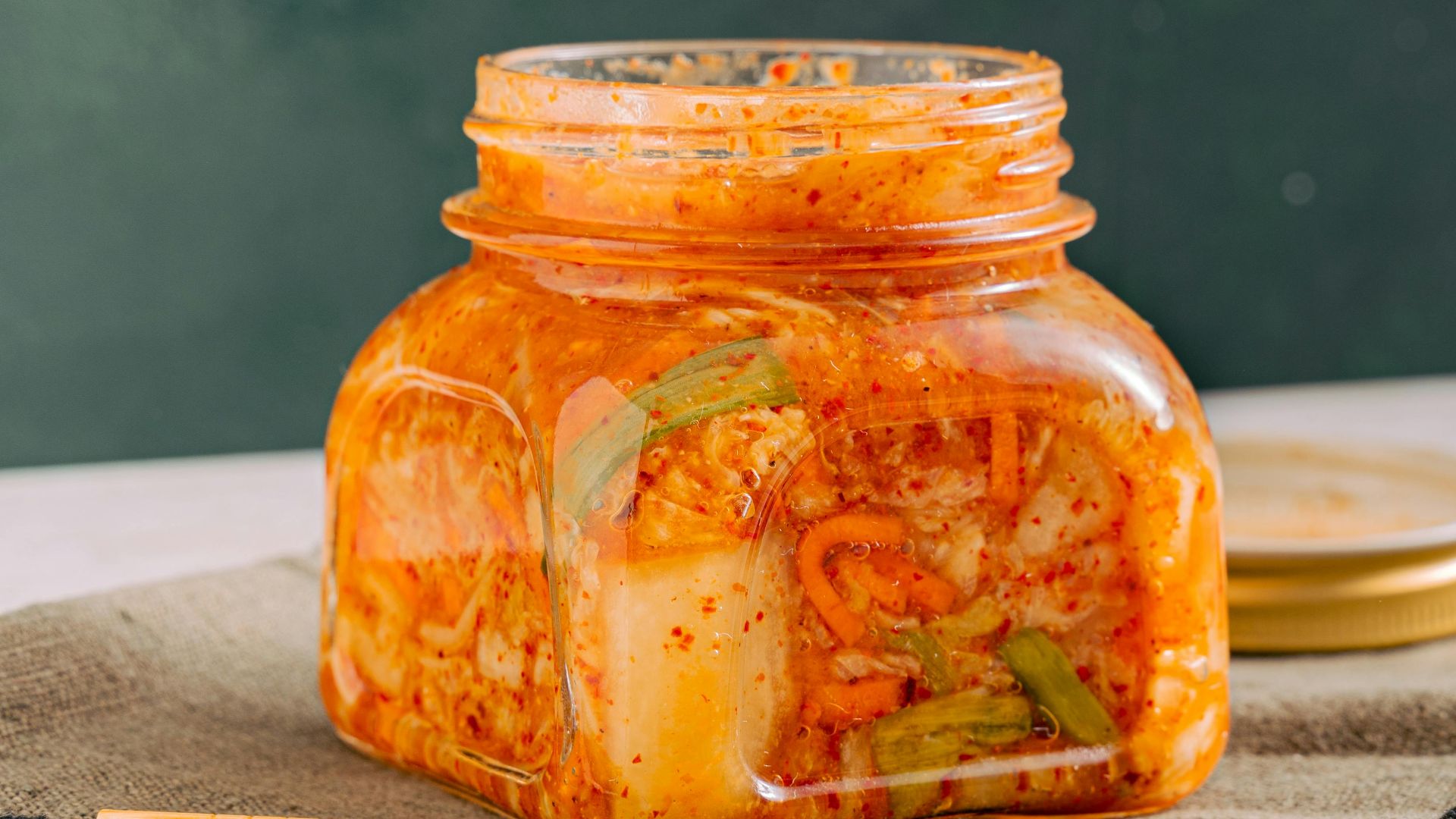 Antoni Shkraba Studio on Pexels
Antoni Shkraba Studio on Pexels
6. Berries
Including berries in a balanced diet provides anti-inflammatory benefits that contribute to overall health. This is because berries contain antioxidants, such as anthocyanins and vitamin C, which help counter oxidative stress. Vitamin C has been shown to support stress regulation and may influence cortisol responses in certain situations.
7. Green Tea
Drinking green tea supports mental focus and overall stress management. The beverage contains L-theanine, an amino acid that promotes relaxation and reduces stress responses. Studies indicate L-theanine can influence cortisol levels by enhancing alpha brain wave activity, leading to a calming effect.
8. Nuts and Seeds
Nutrient-rich nuts like almonds, walnuts, and flaxseeds can improve hormonal balance. These nuts and seeds contain healthy fats and magnesium, which support cortisol regulation. Magnesium contributes significantly to stress reduction, while omega-3 fatty acids in walnuts reduce inflammation.
9. Whole Grains
The complex carbohydrates in oats and brown rice can stabilize blood sugar levels, reducing cortisol fluctuations. They also provide B vitamins, essential for adrenal function and stress regulation. By promoting sustained energy and metabolic balance, these grains support overall well-being, helping to prevent stress-related hormonal imbalances and crashes.
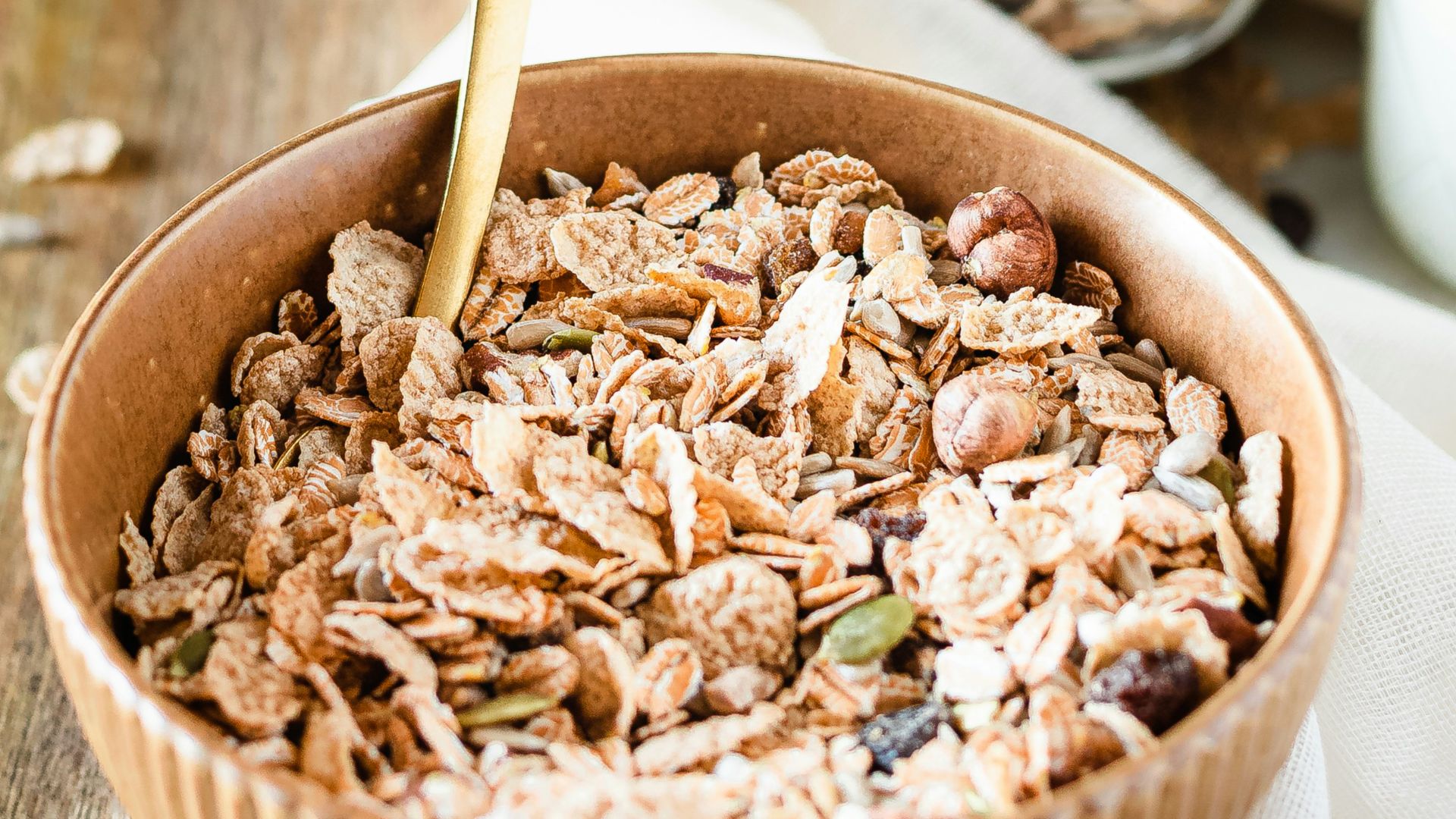 micheile henderson on Unsplash
micheile henderson on Unsplash
10. Herbal Teas
People who take herbal teas feel more relaxed. These teas, like chamomile, ashwagandha, and lemon balm, contain compounds that help regulate stress responses. Chamomile is known for its calming effects, while ashwagandha can lower cortisol levels.
KEEP ON READING

How Microwaves Could Be Ruining Your Food

The Secret to Perfect Eggs Every Time

Is This Ancient Grain The Next Big Superfood?

The Protein Obsession: Is It Actually Healthy?












